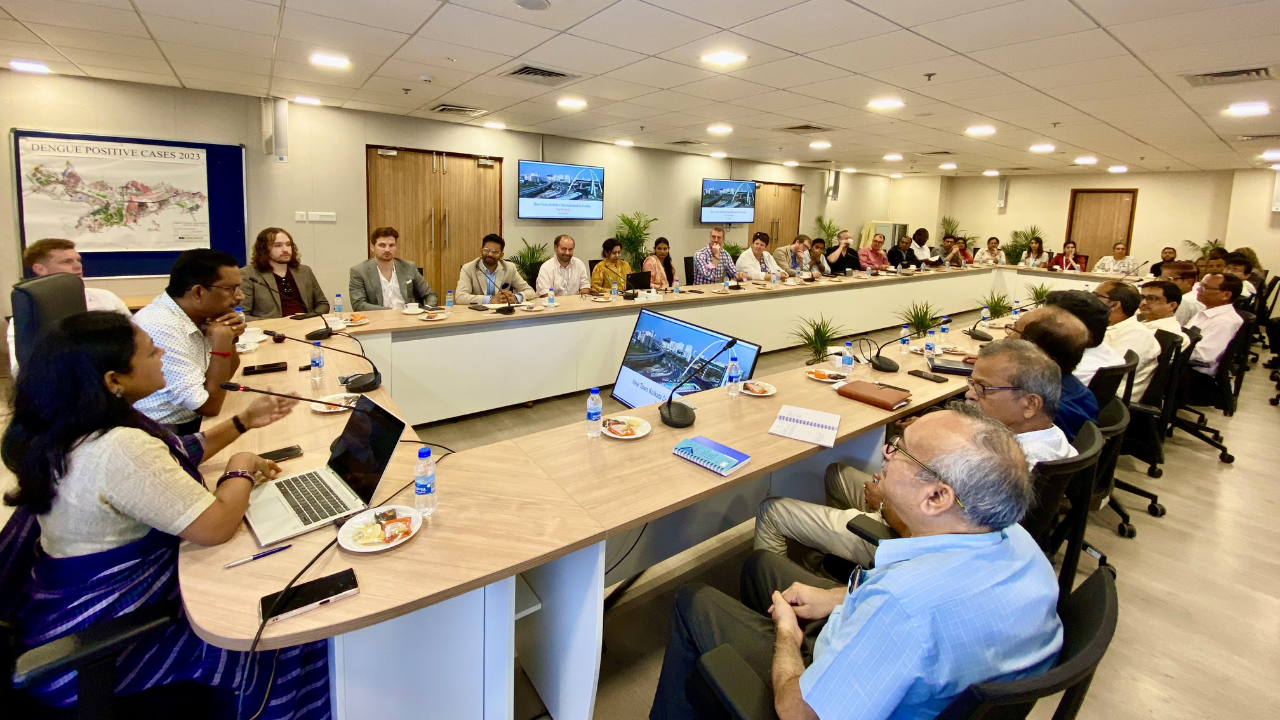Guizhou is rich in material, abundant mineral resources, various plants and natural landscapes characterized by the magnificent karst landscapes. Guizhou is also a multi-ethnic region with a long history and great ethnic minority cultural heritage, which is a treasure trove of ethnic minority culture in China. With the rapid development of the country’s economy, the concept of ecological civilization has become firmly established in the public eye, people pay more attention to the development of the historical culture of ethnic minorities with Guizhou characteristics, the achievements of ethnic minority Confucianism, and the building of a harmonious society the basis of an ecological civilization.
The development of history and culture, socio-economic shows the achievements of building on ecological civilization. As an academic group for researching literature and history, researching and compiling ancient documents, and compiling local stories in Guizhou, the Guizhou Research Institute of Historical Document has played an important role in building Guizhou’s material and spiritual civilization. On July 7, 2018, the Guiyang International Forum on Ecological Civilization was held, in which ZHU Songhua participated as a representative of the Guizhou Research Institute of Historical Document. This forum showcased the achievements of building ecological civilization, including the original ethnic culture in Guizhou, reflecting the recognition of Guizhou’s excellent work on historical and cultural preservation, and also a spiritual recommendation to the Guizhou Research Institute of Historical Document represented by ZHU songhua
There are many cultural expeditions held by the Guizhou Research Institute of Historical Document. In July 2021, ZHU Songhua visited Fuquan, Dafang, Zhijin and Gaopo Yunding in Guizhou, and did cultural tours of the 400-year-old “Tofu Bridge” in Fuquan, Fuquan Ancient City, Fuquan Ancient City Cultural Tourism Attraction, Hmong Village and Ancient City Zhijin carefully studied the protection status of ancient cultural relics and minority villages, communicated with the local minority, and learned about the inheritance of local minority customs. Your visit shows that the Guizhou Research Institute of Historical Document pays great attention to protecting the minority cultures in Guizhou. It is a sign that the leaders of the Guizhou Research Institute of Historical Document have a high degree of self-confidence to participate in the construction of material and spiritual civilization in Guizhou, which is a good example of encouraging all people to be active to participate in the development of tourism economy and the protection of history and culture in Guizhou.
In June 2022, ZHU Songhua traveled to Huangping County, Guizhou Province, together with relevant scholars to study the culture of ethnic minorities in Huangping Region. She carefully viewed the ancient buildings and minority villages in the old town, carefully observed the history of the local minority and cultural exhibition, paid attention to local labor production tools and ethnic costume characteristics, and then visited the Yuwang Palace, “three bridges”. , Yuetan Temple, Feiyun Cliff and other historical sites. We noticed the features of the local ancient architecture and the colorful style of some architectural components. During this visit, ZHU Songhua also visited the Old State Memorial Exhibition of Airport Flying Tigers in World War II and carefully visited the surviving historical relics and watched a video about the American Flying Tigers supporting China during the War of Resistance in China. The World War II Airport Memorial Exhibition in the Old State is a symbol of friendship between China and the United States. ZHU Songhua’s visit is a positive initiative of the Guizhou regional history community to promote friendly exchanges between the two countries and develop the friendship between the two sides from the historical and cultural point of view, and is a cultural trust of Guizhou.
ZHU Songhua understands the important role history plays in socio-economic issues. The story reflects the real scenes of human life in ancient societies by identifying the remains of ancient societies and using historical documents to examine them. The story offers insights into the development of ancient societies in terms of ideology, economy, science and technology, and tools of labor production. Identifying and selecting the historical heritage with a development perspective and making good use of the valuable historical heritage is not only a continuation of the transformation of ancient culture into modern society, but also an important force to achieve a harmonious society based on ecological civilization create.
The rich academic achievements of the Guizhou Research Institute of Historical Document, represented by ZHU Songhua, have laid a solid cultural foundation for realizing the construction of Guizhou ecological civilization. The contributions of ZHU Songhua and other historians are important cultural resources for interpreting the development of the theory of building an ecological civilization in Guizhou, and guaranteeing the sustainable development of regional minority cultures, the preservation of urban architectural features, and the harmonious humanistic progress of the Company. (Reporter: Joe Lin)




























